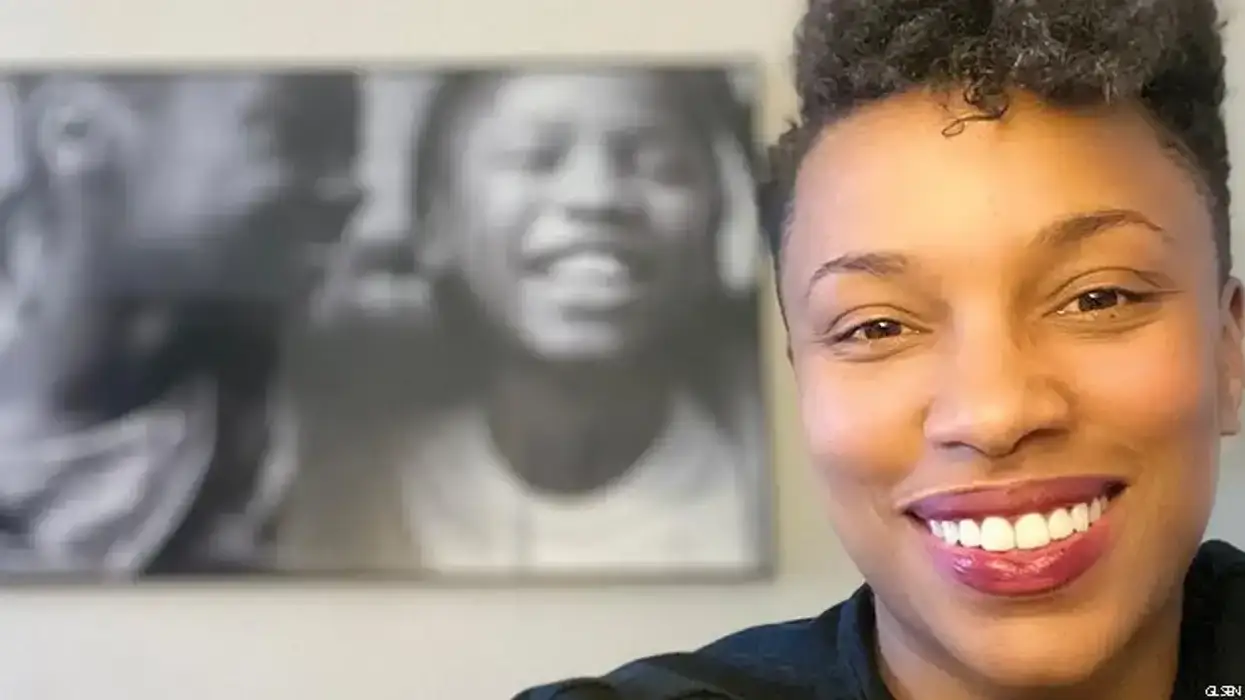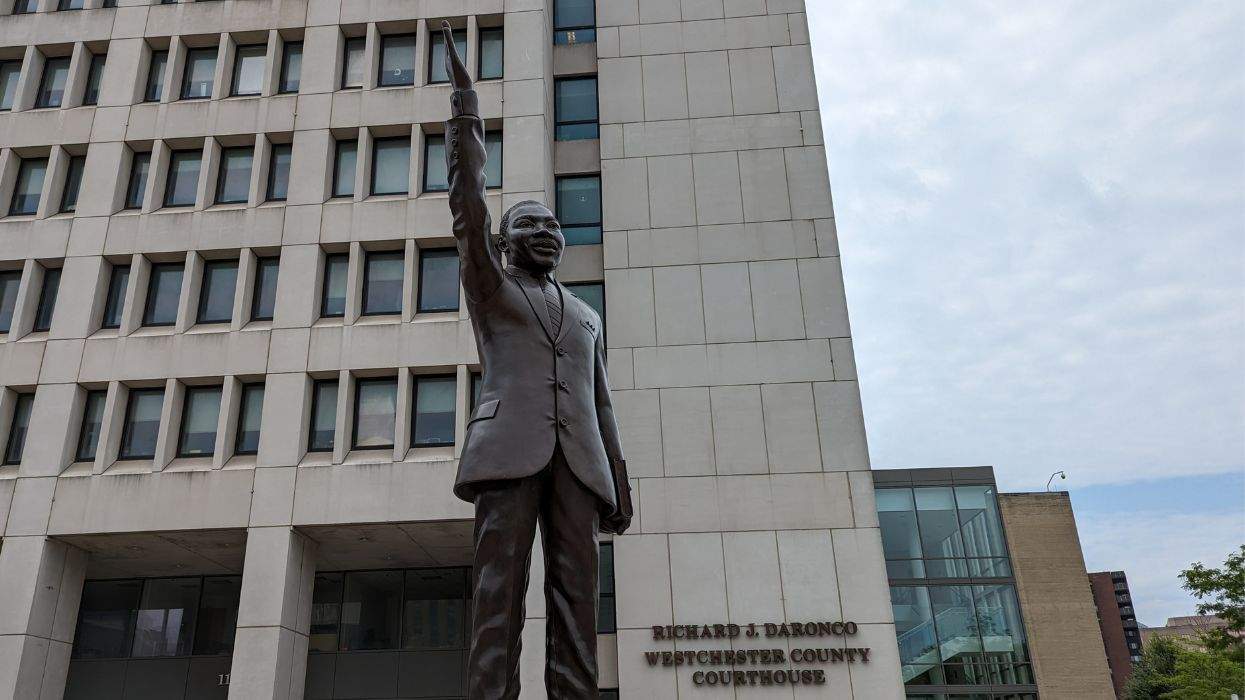There was no headline proclaiming, "Methodist Church OKs Marriage Equality" or "Methodists Finally Embrace LGBTQ People." Your newsfeed wasn't lighting up with "Methodists Go Gay!" or, frankly, anything that looked like victory for LGBTQ people in the third-largest Christian denomination in the United States. Instead, after two weeks of the United Methodist Church's recently wrapped policy-making conference in Portland, Ore., the big announcement was "Methodists Avoid Split Over Gay People." Did anything good happen at all?
Church delegates arrived in Portland on the heels of escalating anger. In the months and weeks leading up to General Conference, there were several high-profile same-sex weddings, the much-respected Kansas pastor Rev. Cynthia Meyer came out to her congregation, and more than 100 LGBTQ clergy went public, risking their standing with the church they serve. Tensions rose significantly as opposing sides postured and protests loomed that could have shut the conference down. In this stormy climate, delegates passed a proposal called "An Offering for a Way Forward," submitted at the 11th hour by the Council of Bishops.
By approving the bishops' proposal, delegates deferred all "human sexuality" legislation and derailed a legislative process that looked more and more disastrous for LGBTQ pastoral candidates, clergy, lay employees, and congregants. At first glance, this seems nonsensical. After all, a supermajority of Methodists in this county actually support LGBTQ clergy and congregants. But here's the reality: Even though there is a shrinking minority of anti-LGBTQ conservatives in the U.S., they've formed powerful alliances with international delegates who share similar views. And these stateside conservatives have made it their mission to block pro-LGBTQ legislative efforts at General Conferences by shamefully rallying global Methodists to their side through fear tactics and misrepresentation.
Given that reality, it was a major win when all votes on human sexuality were deferred. We avoided a strong backward lurch and tapped into a sense of sadness and exhaustion on the part of delegates who, no matter what their opinion about LGBTQ people, seemed convinced that the church must change.
Equally significant, delegates accepted the bishops' plea to create a special commission, with LGBTQ people included, to handle these questions. Led by bishops, the group's primary work would be, in the words of one delegate, "to get us unstuck." A critical piece of the bishops' report was an implied promise to end the church trials and other punishments directed solely at LGBTQ people and our clergy allies who increasingly are defying church law and marrying same-sex couples in the church. Until the UMC finally finds a more permanent solution, the bishops must uniformly take this path. We will be watching.
Where does this go? Many now believe that the only way to release us all is the careful and fair creation of an exit strategy for conservatives in the U.S. who are deeply unhappy in a church they consider to be un-Christian. Still another solution floated is the regionalization of the church around cultural/social issues.
You might say, "So what?" But there's news here: the entire Council of Bishops has never taken this fight on. Of course, there have been one or two progressive bishops who have taken quiet steps to do right, but we've never had a public promise and proclamation from the full council.
The bishops may not be united -- that was also clear last week in Portland -- but they understand the UMC cannot continue this discriminatory status quo. They've created and inherited a situation where no one is happy and many of us don't feel welcomed or safe. The bishops must now do the work and do it quickly by leading the church in the final step of a long struggle. It's time, it's way past time, and we at Reconciling Ministries Network and our growing allied support will hold the bishops and the church accountable to accept and welcome the gifts we all bring.
MATT BERRYMAN is the executive director of Reconciling Ministries Network.















